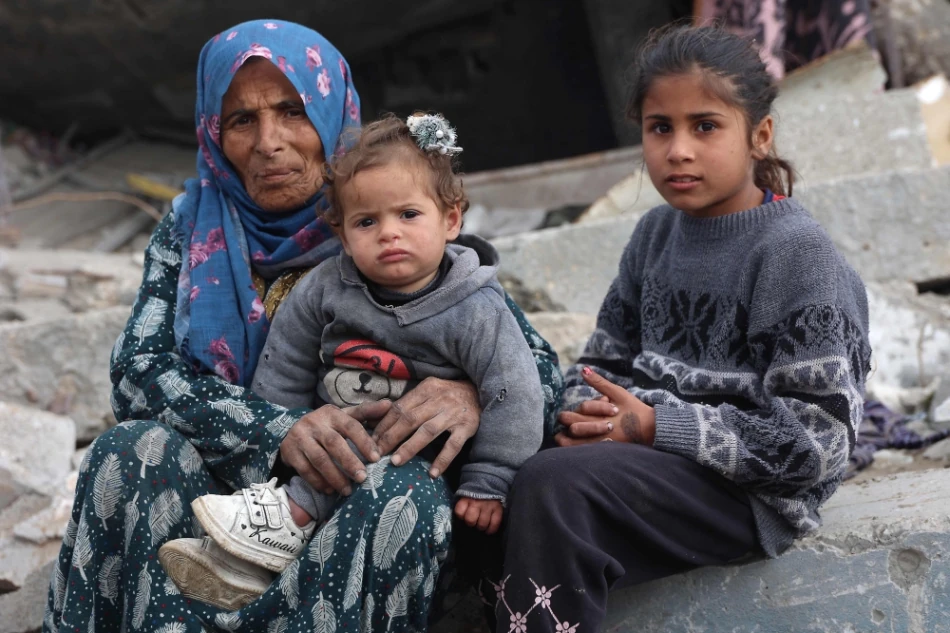
Thousands in Gaza Face Dire Food Shortage, WHO Warns
Gaza Faces Catastrophic Famine as WHO Declares Worst-Case Food Security Crisis
The World Health Organization has issued a stark warning that Gaza is experiencing the most severe level of famine according to international food security classifications, with thousands facing imminent death from starvation. The declaration marks a critical escalation in the humanitarian crisis, as the territory's collapsed healthcare system proves unable to treat severe malnutrition cases that could have lasting generational impacts.
Starvation Deaths Mount as Food Access Collapses
In a statement released Thursday, the WHO confirmed that Gaza's population is enduring acute food shortages, with some residents going days without any food. The organization documented deaths from severe weakness and organ failure, particularly among children suffering from acute malnutrition who face fatal outcomes without immediate medical intervention.
The WHO's use of the Integrated Food Security Phase Classification system's highest warning level places Gaza alongside the world's most severe humanitarian disasters. This classification typically triggers international emergency protocols and indicates that famine conditions are widespread and deepening rapidly.
Healthcare System Breakdown Compounds Crisis
Gaza's medical infrastructure has effectively collapsed, creating a dual crisis where malnutrition cases cannot receive proper treatment. The WHO reported critical shortages of medical supplies and fuel, leaving healthcare workers unable to function effectively while they themselves face the same deprivations as their patients.
This healthcare paralysis is particularly devastating for treating malnutrition, which requires specialized medical protocols and consistent monitoring. Without functioning hospitals and clinics, even treatable cases become fatal, accelerating the humanitarian catastrophe.
Long-Term Consequences Extend Beyond Immediate Crisis
The WHO emphasized that recovery from severe malnutrition requires months of specialized medical care and therapeutic nutrition programs. More critically, the organization warned that some consequences will persist for life, including stunted growth and permanent health complications.
This aspect of the crisis creates generational impacts that extend far beyond the immediate emergency. Historical precedents from other famine-affected regions show that children who survive severe malnutrition often face reduced cognitive development, compromised immune systems, and increased vulnerability to diseases throughout their lives.
International Response and Access Demands
The WHO has called for immediate and extensive humanitarian access, demanding that food and medical supplies reach Gaza through all possible routes. The organization specifically urged Israel to facilitate aid delivery and ensure safe, rapid passage for humanitarian supplies to save lives and halt civilian suffering.
The call for a ceasefire accompanies these humanitarian demands, reflecting the organization's assessment that sustained aid delivery requires an end to active hostilities. This positions the WHO's medical expertise within the broader diplomatic efforts to address the crisis.
Global Implications for Humanitarian Response
The Gaza famine declaration tests international humanitarian mechanisms and legal frameworks designed to prevent such catastrophes. The WHO's stark assessment creates pressure on global institutions and donor countries to respond with unprecedented speed and scale, potentially setting precedents for future crisis responses in conflict zones.
The situation also highlights the vulnerability of civilian populations in modern conflicts, where traditional humanitarian protections have proven insufficient to prevent famine conditions from developing in densely populated areas under siege-like conditions.
Most Viewed News

 Sara Khaled
Sara Khaled






